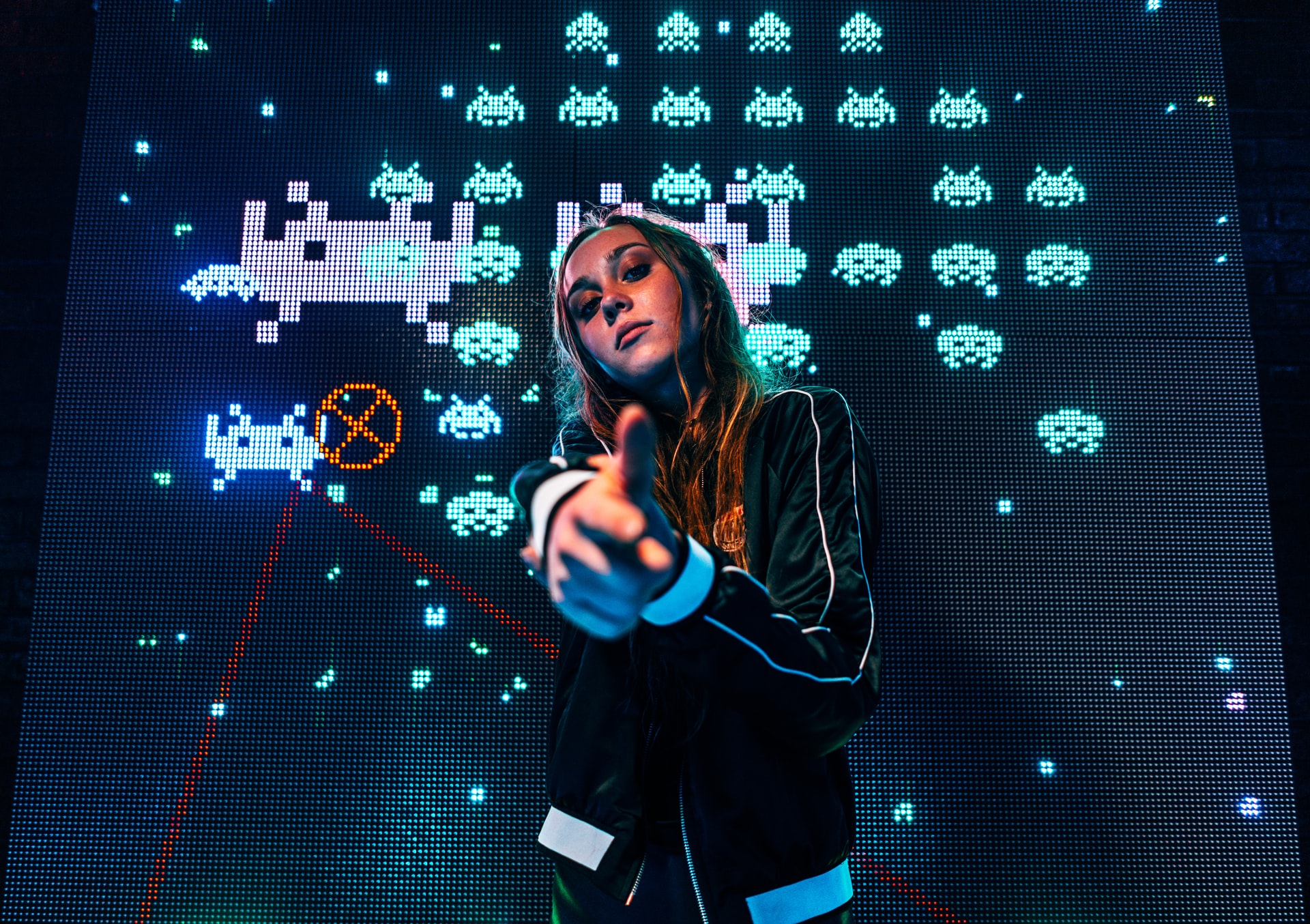
Photo by Andre Hunter on Unsplash
Though we often seem divided on the surface, humanity as a collective is unprecedently interconnected. As of April 2020 there were an estimated 4.57 billion active internet users with the amount of smart-phone owners quickly approaching 4 billion.
For reference, there are roughly 7.6 billion humans on Earth.
More than half of the global population carries more information in their pocket than the wealthiest kings of the past could’ve dreamed of. What will we do with this power? More importantly, who will we let control it?
So far the results have been a mixed bag. Many have been empowered through the new tools available to us, but many more have just been prey — taught to use the digital world in a way that is totally consumptive rather than productive. Whether it be scrolling down social media feeds for hours without a purpose or playing games that were designed to maximize your compulsion to play without providing any value back, the habits of the average internet user are often far from healthy.
Not only do we spend too much time consuming content that doesn’t actually benefit us, we have left just handful of companies profit and centralize into powerful technocratic monopolies that have dangerous amounts of influence over the lives and nations of the people they “serve”.
The American Tech Giants are no longer just companies, they essentially are the government of the digital world.
But it does not have to stay this way.
This is where blockchain technology comes in. It is central to getting power back in the hands of the citizens of our digital worlds. Every day there are new ideas for how to implement blockchain technology in games to create dynamic user experiences that were previously off the table. For a more detailed look at how blockchain tech works so well with gaming see here, but for now I want to focus on two central aspects of block-chain gaming: Ownership and Liquidity.
Ownership: In-game money and assets earned in traditional games often feel like ours, but they really belong to the publishers of the game. Decentralized gaming changes that, turning the current insidious trend of “pay-to-play” into much better “pay-to-own” and “pay-to-earn” models.
Liquidity: Liquidity refers to the ease with which an asset can be quickly bought or sold without causing a drastic change in the asset price. Thanks to increasing standardization, gamers can trade digital assets on public, third party structures. There are already great block-chain based games, like Splinterlands, where players can painlessly liquidate earned in-game assets, spending these more liquid assets in other games and elsewhere.
Now imagine a blockchain gaming multiverse.
The “multiverse” is a concept in theoretical physics. A hypothetical group of multiple universes comprising everything that exists. Information can theoretically be transformed from one universe to another.
Blockchain is what makes a sustainable gaming multiverse possible. The decentralized nature keeps it free and infinite; developers will constantly be discovering interesting ways to plug in news games, new realms, into the multiverse for the infinite tastes of their creative, informed consumer base. Players will have more power by owning the assets earned in-game as assets that can always be liquidated and converted into things that can be used elsewhere.
We are already building an interconnected digital and social world where you leave a trace that can’t be erased. That is why understanding the power of blockchain, the power of ownership, and the power of transparency is so crucial at this stage of human development. A decentralized internet allows for organic growth that is much less prone to corruption.
The future of everything must be increasingly decentralized unless we want to help create a technocratic dystopia more reminiscent of China’s social credit system.